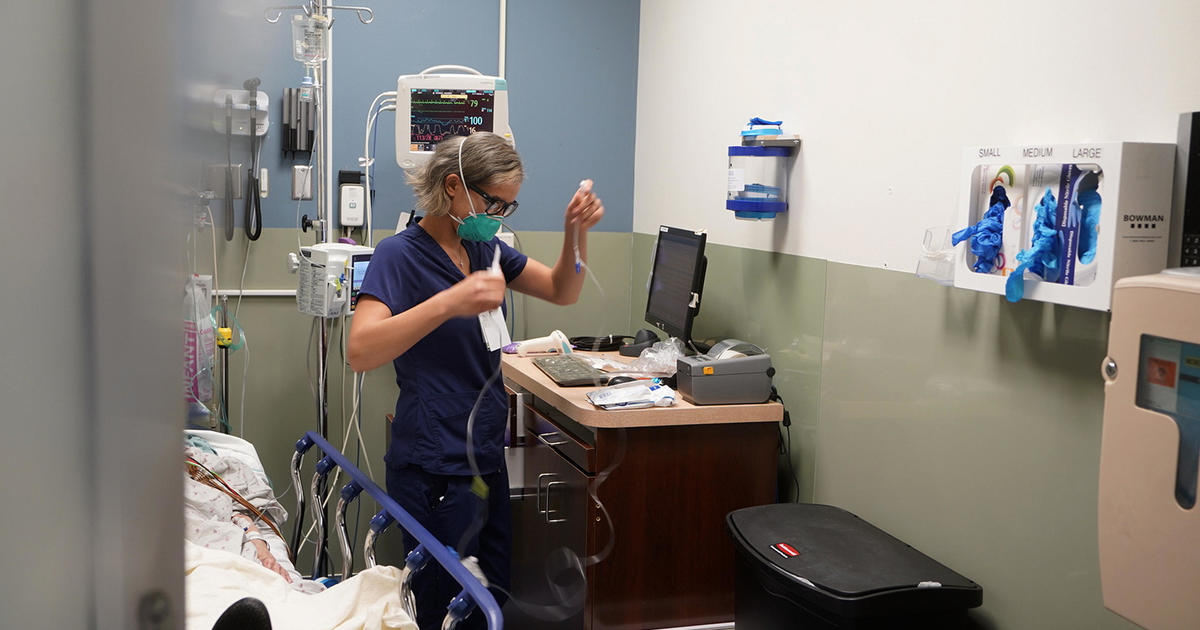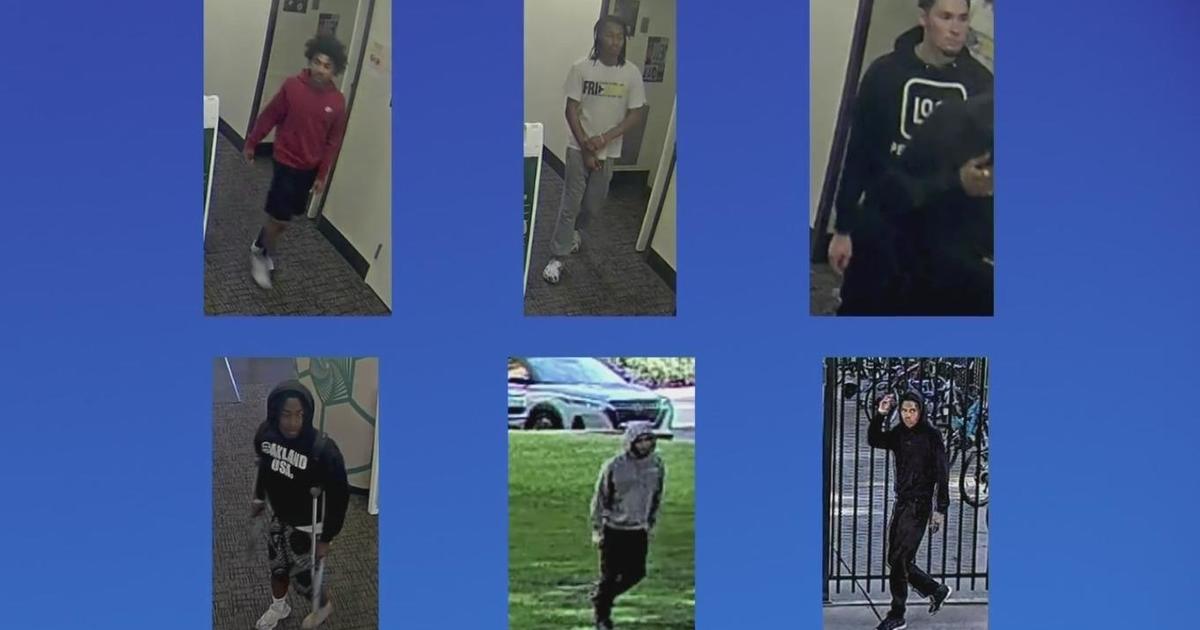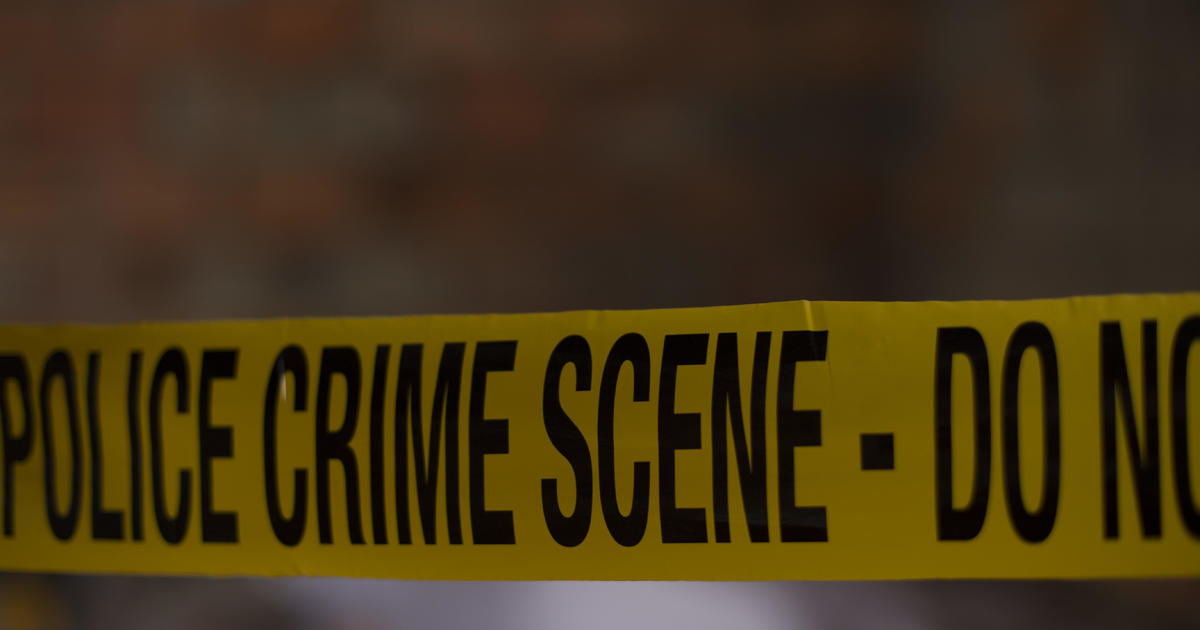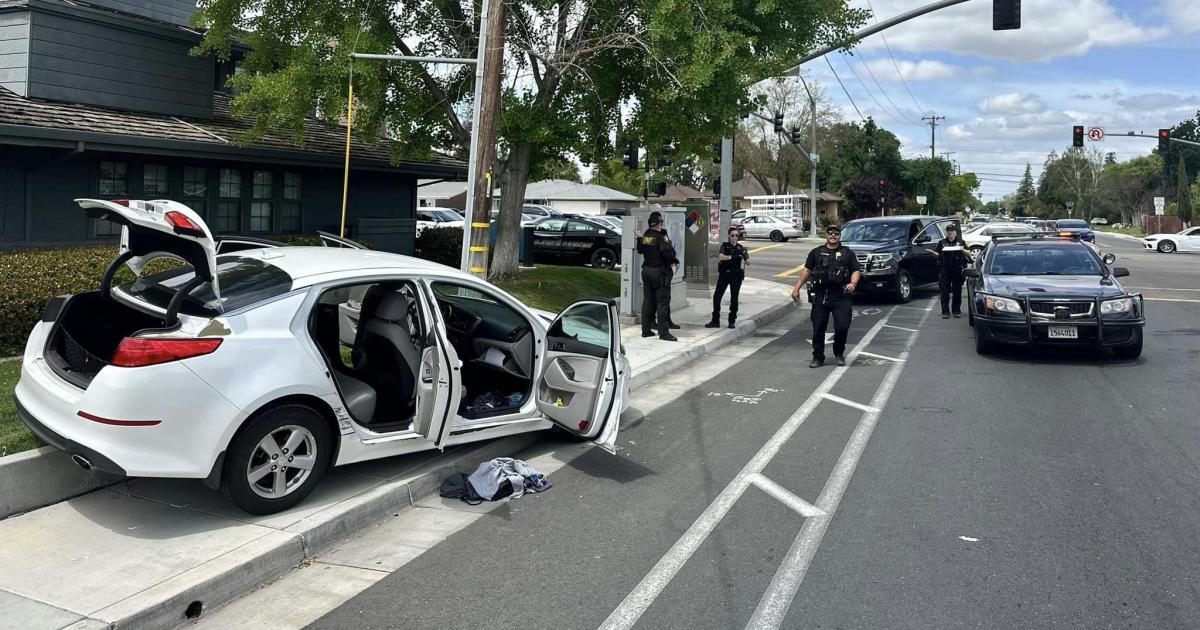Ohio Supreme Court Hears Testimony On Whether Red-Light Cameras Improperly Bypass Courts
COLUMBUS, Ohio (AP) - Ohio Supreme Court justices questioned attorneys Wednesday on whether traffic camera systems used across the state are improperly bypassing its courts.
Justices heard arguments in the case of a motorist ticketed in Toledo five years ago. They didn't state a timetable for a ruling, which could affect motorists and municipalities around the state.
Most of the state's largest cities use camera enforcement, and at least eight lawsuits against cameras are working through other courts. Camera advocates say they free up police for other crime-fighting and make communities safer, while foes contend they are aimed at raising revenues and trample motorists' constitutional due process rights. Legal challenges have recently reached supreme courts in three other states.
Attorney Andrew Mayle of Fremont said cities are usurping the judicial system by making motorists appeal camera-generated citations within the city's own administrative procedures.
"They take the judges' power and give it to the hearing officers," Mayle told the justices.
He countered arguments by Toledo's law director and the attorney for Toledo's camera vendor, Redflex Traffic Systems of Phoenix, that motorists can go to court, saying administrative hearing officers have been given jurisdiction.
The justices also raised questions about how motorists could appeal to a judge.
Chief Justice Maureen O'Connor asked Toledo law director Adam Loukx if the hearing officers advise ticketed drivers they can appeal to a court. Loukx said he didn't know.
Loukx said the camera systems are allowed under local self-governing powers provided by the Ohio Constitution and were upheld earlier by the court in a 2008 case on Akron's traffic cameras.
"It is clear that under home-rule authority ... that we can have these cameras," Loukx told the justices, saying that municipalities are allowed to regulate a number of local civil matters and that allowing a lower court's decision in favor of the motorist to stand could have "untold consequences" around the state.
Bradley Walker, a Paducah, Kentucky, businessman, is the lead plaintiff in the case against Toledo. He was ticketed for speeding in 2009 and paid a $120 fine before deciding to sue.
"I had to pay the fine or get my vehicle impounded, and that wasn't any choice at all," Walker said afterward. He believes the system is weighted against motorists and said he was pleased his case reached the Supreme Court.
The California Supreme Court last week ruled unanimously against a motorist's challenge to a camera-generated red light citation. The Illinois Supreme Court heard oral arguments last month in a challenge to Chicago's red-light cameras, while the Missouri Supreme Court recently agreed to hear a speeding-camera case involving a radio host.
One of the sharpest rejections of cameras came last year in Hamilton County, where a judge compared Elmwood Place's camera system to a con artist's card game, calling it "a scam" against thousands of motorists who racked up $105 speeding fines within weeks of the cameras' installation.
Attorney Josh Engel, part of the law firm that sued Elmwood Place and four other Ohio municipalities over cameras, watched Wednesday's arguments in the courtroom audience. He said he hopes the justices will find that cities are overstepping their authority, but even if the court doesn't agree, lawsuits could continue on other issues.
"We still have a long ways to go," Engel said.
Copyright 2014 The Associated Press.



